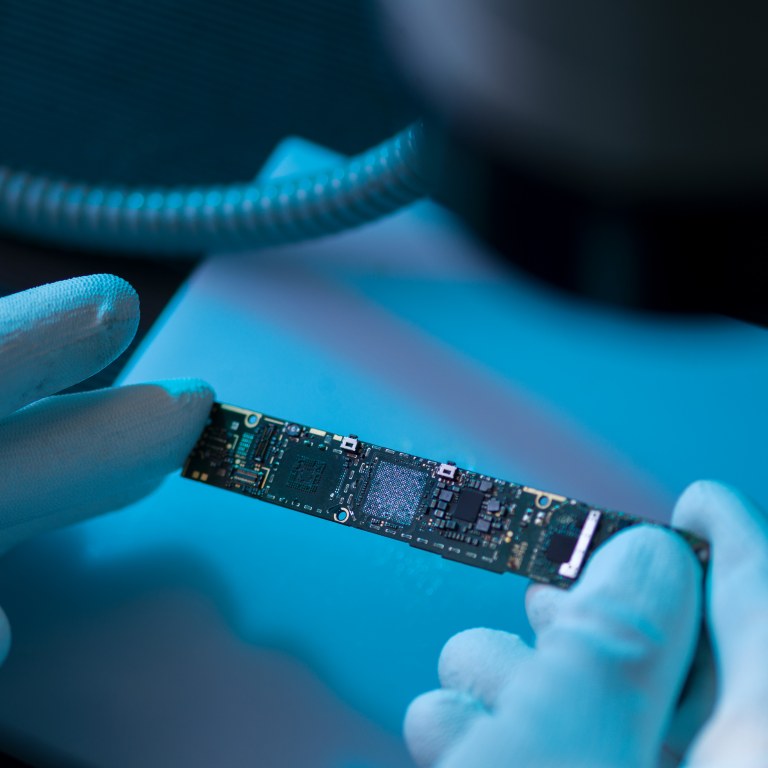Japan's leading forest and paper packaging company, Oji Holdings (Hereinafter, Oji), acquired Walki, a Finnish forerunner in circular economy, in 2024. Walki is among the market leaders in fibre-based materials for packaging. Also, in the paperisation field (transitioning from plastic to paper products), Walki is among the top companies globally. Headquartered in Espoo, Finland, in the leading innovation ecosystem in the Nordics, the acquisition of the Finnish company also gave Oji an excellent landing spot in Europe.
Why Oji acquired Walki
In Europe, the packaging situation has changed due to environmental concerns and the consequent need for more sustainable materials. As a result, Oji is working to meet the demands of the European market, which led the company to join the auction for Walki. Previously, Oji had invested in two smaller European companies.
At the time, Oji was unfamiliar with Walki but quickly discovered that the Espoo-based company is one of the leading companies in the market. What made the collaboration even more attractive was that the key expertise areas of the two companies could potentially complement each other. Oji can utilise its facilities and longstanding knowhow in paper making while its Finnish partner concentrates on fibre-based sustainable packaging and paperisation. In addition to getting a good collaboration partner, Oji also gets an established partner in the European market. [Please continue to read the article after the item below to learn why Japanese–Finnish collaborations are a good match.]
A surprising match: Japanese-Finnish collaboration
At first, Oji was unsure about the cultural fit between Japanese and Finnish companies. How would the Finnish way of working suit Oji's employees, and how would Walki's processes adapt to the Japanese corporate culture? As it turned out, Oji was in for a pleasant surprise.
"Now that we've been so satisfied with the collaboration, we have realised that the mindset of Finnish companies and people is well-suited for collaboration with Japanese companies and people," says Teruyuki Mori, Walki Holding Oy Executive Director.
Oji has since discovered that it is not so difficult to innovate with the Finns. Not only are the Finnish companies open to working together with Japanese companies, but there is also a sense of closeness, trust, and a culture of collaboration within the Finnish industry.
In Espoo, easy collaboration and innovation meet work-life balance and ease of access to Europe
For Walki, the Keilaniemi business area in Espoo is a very convenient location. You're only a couple of metro stops away from the Helsinki city centre and 30 minutes from the airport. While Walki has no production facilities in Espoo, having an HQ in Espoo gives the company easy access to travel abroad and its 14 factories around Finland and Europe.
"This is a convenient location for us, and the work-life balance is excellent here. Espoo is next to Helsinki, the capital of Finland, and we can travel very easily to the 14 locations where Walki has factories around Finland and Europe. Also, the time difference between Japan and Finland is only six hours, which makes it possible to connect and manage projects during the same day with project teams in Finland and Japan," describes Mori.
Walki and Oji's future goals include moving downstream, lengthening the value chain, and moving upstream with wood processing. The shared objective is to drive continuous innovation and develop new sustainable wood-based materials and ingredients to serve the needs of various industries, from paper-based materials such as packaging to pharmaceuticals, while meeting the growing demand in the industrial and user markets.
It helps that talents are available in various fields in Espoo, not least at Aalto University.
"Espoo and Finland also offer collaboration opportunities with other universities, especially in art and design. In Espoo, there is a school that focuses on creating new packaging designs and utilising new biomaterials. These materials can serve as substitutes for plastics, and even new startups are emerging in this area," Mori says.
"Having operations in Espoo provides the best of the Finnish corporate culture and a distinct advantage: Innovation is always close to day-to-day working, not only initiated by corporate innovation teams," Mori concludes.



